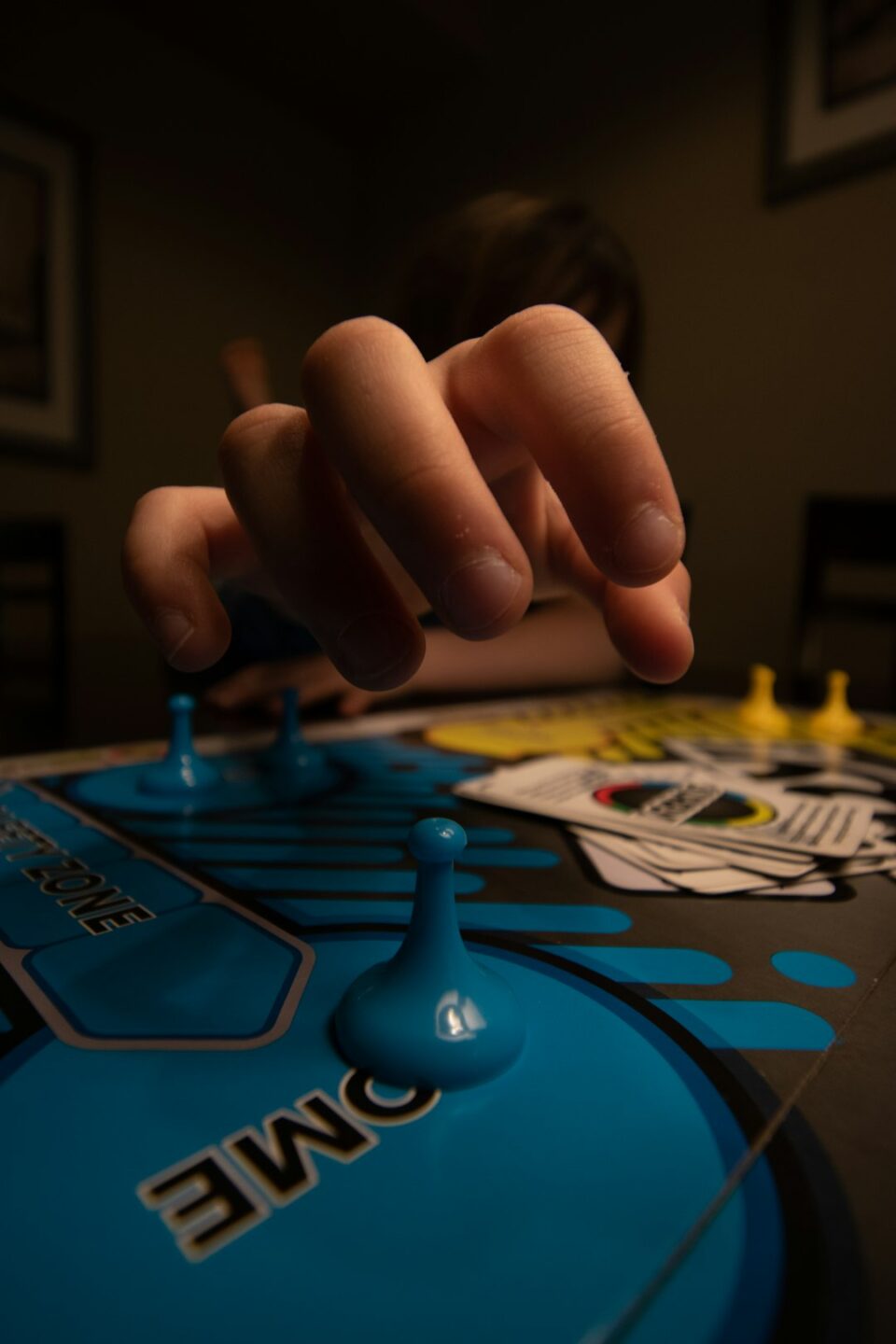Exploring the Impact of Video Games on Mental Health
In recent years, the popularity and influence of video games have skyrocketed. With advanced technologies, intricate storylines, and immersive graphics, they have undoubtedly become a significant form of entertainment for millions of people worldwide. However, as with any form of media, questions arise regarding the impact of video games on mental health.
Firstly, it is essential to acknowledge that video games can have both positive and negative effects on mental well-being. On the positive side, gaming can be a source of stress relief and escapism. Engaging in a virtual world can help individuals unwind, relax, and temporarily free themselves from the demands and pressures of real life. Furthermore, gaming has been shown to improve cognitive skills such as problem-solving, hand-eye coordination, and spatial reasoning.
However, excessive gaming or improper use of video games can lead to negative consequences. One concern often raised is the potential link between gaming and addiction. Gaming addiction, officially recognized as “Internet Gaming Disorder” by the World Health Organization, is characterized by excessive gaming, inability to control the frequency and duration of gaming sessions, and neglect of other important life areas.
The impact of video games on mental health varies greatly depending on several factors, such as game genre, individual susceptibility, and the social context of gaming. Violent video games are often the focus of attention when discussing negative impacts on mental health. Studies have shown that exposure to violent video games can desensitize individuals to real-life violence, increase aggressive thoughts and behaviors, and even decrease empathy levels.
However, it is crucial not to generalize these findings. Many individuals enjoy violent video games without experiencing adverse effects on their mental health. Context is key when considering the impact of video games on mental well-being. Factors such as age, personality traits, and the influence of other media play a significant role in shaping the gaming experience and its implications on mental health.
Moreover, the social aspect of gaming should not be overlooked. Online multiplayer games provide opportunities for social interaction and a sense of community. They can be a way for individuals to connect with like-minded people, make friends, and build support systems. Engaging in cooperative team play can foster teamwork and communication skills, leading to improved social well-being.
To conclude, the impact of video games on mental health is a complex topic that requires careful consideration. While gaming can promote stress relief, cognitive development, and social interaction, it can also lead to addiction, aggression, and negative consequences if not properly managed. As with any form of media or entertainment, a balanced approach is essential. Recognizing individual susceptibility and engaging in open discussions about gaming habits is crucial in navigating the impact of video games on mental health. Ultimately, responsible gaming, self-awareness, and moderation are key to ensuring a healthy relationship between video games and mental well-being.

